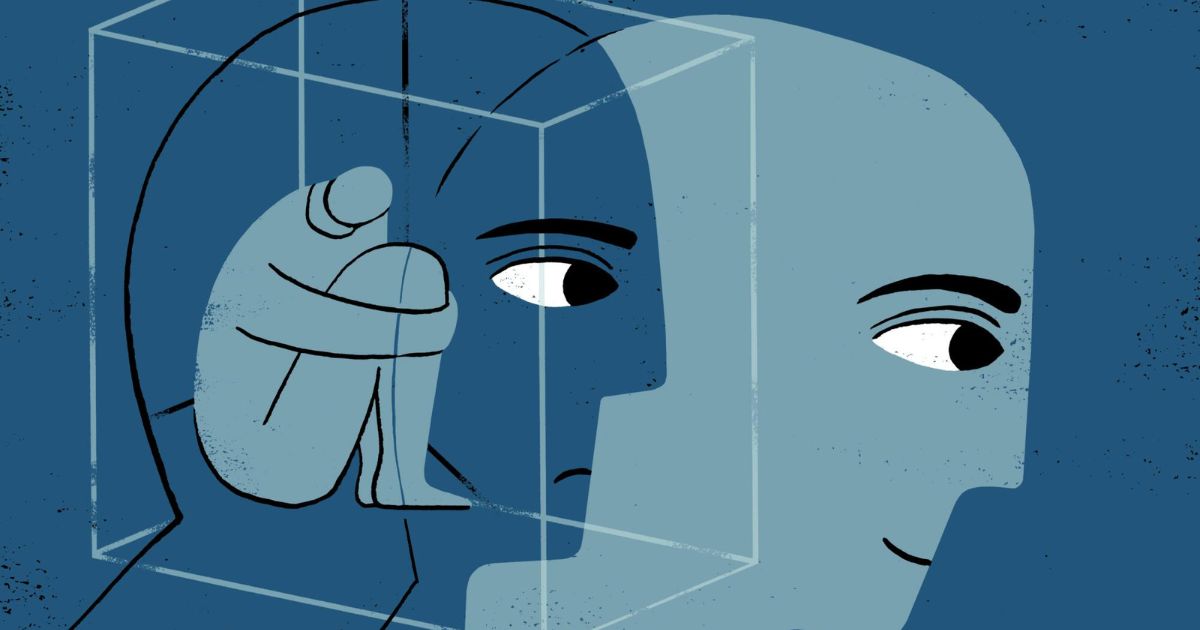A comprehensive statewide survey in California has highlighted the widespread concern among residents about the state of mental health in the United States. According to the survey conducted by the Public Policy Institute of California (PPIC), nearly 9 out of 10 Californians recognize mental health crisis in the U.S. This sentiment was shared across various political affiliations and demographics.
Despite the overwhelming consensus on the mental health crisis in the country, an interesting paradox emerged from the survey results.
While 87% of respondents expressed concerns about the nation’s mental health, 81% rated their own mental health as excellent (18%), very good (31%), or good (32%). Only 4% of participants described their own mental health as poor.
However, nearly 4 out of 10 respondents acknowledged that the COVID-19 pandemic had a negative impact on their mental health.
Mark Baldassare, the statewide survey director at the PPIC, suggested that people may be influenced by the extensive media coverage of issues like drug abuse, mental health challenges, and homelessness. This heightened awareness of societal problems could be driving their concern about the overall mental health crisis.
Interestingly, the survey found a rare consensus across the political spectrum, with significant majorities of Democrats (91%), Independents (90%), and Republicans (85%) all recognizing the mental health crisis in the U.S. The sentiment was consistent among various racial and ethnic groups, including Black (93%), White (88%), Latino (86%), and Asian American (83%) respondents.
These survey results coincide with significant developments in California’s approach to mental health. The state is set to launch a new initiative known as CARE Court, championed by Governor Gavin Newsom.
This program allows courts to mandate treatment for individuals suffering from severe mental illness. Additionally, a bond measure with a budget of nearly $6.4 billion is slated for voter approval in the coming spring.
If passed, this measure would fund the expansion of psychiatric and residential treatment facilities, potentially addressing some of the mental health challenges faced by Californians.
The survey underscores the critical importance of addressing mental health issues on both a national and individual level.
While Californians may generally rate their own mental health positively, their collective recognition of the broader crisis highlights the need for continued efforts to provide support, access to care, and awareness about mental health challenges in the United States.





















